CASA is reviewing how it manages remotely piloted aircraft systems as the sector evolves and grows
When Flight Safety Australia first discussed drones, the story was very different. In 2010 these flying machines were an intriguing sideline, largely used by the military and a few pioneers. It was significant that at the time we weren’t completely sure what to call them. The terms unmanned aerial vehicles and unmanned aerial systems gave way to remotely piloted aerial vehicles and remotely piloted aircraft systems as the realisation dawned that there was still a pilot in the system somewhere, and there still needed to be. Formally, CASA calls drones remotely piloted aircraft systems (RPAS) but the public and media have gone for a shorter word: their word for RPAS is drones.
Drones represent a considerable and growing fraction of aviation in Australia and of CASA activity. There are now 10,794 remote pilot licences and 1462 remote operator’s certificates (ReOCs).
This year will go down in drone history as one of significant change. Several important developments are coming.
Drone registration and operator accreditation
In August 2017 CASA put out a discussion paper on RPAS operations in Australia.
There were 910 responses—81 per cent were from individuals and 19 per cent from organisations. A large majority of respondents—86 per cent—supported some form of RPA registration.
Last year the Federal Government was similarly decisive on the topic and agreed for CASA to introduce a registration and accreditation scheme. Early this year, CASA opened consultation on a proposal to introduce remotely piloted aircraft (RPA) registration for all drones weighing more than 250 grams and all drones operated commercially regardless of weight, as well as RPA operator accreditation. Consultation closes on 22 February.
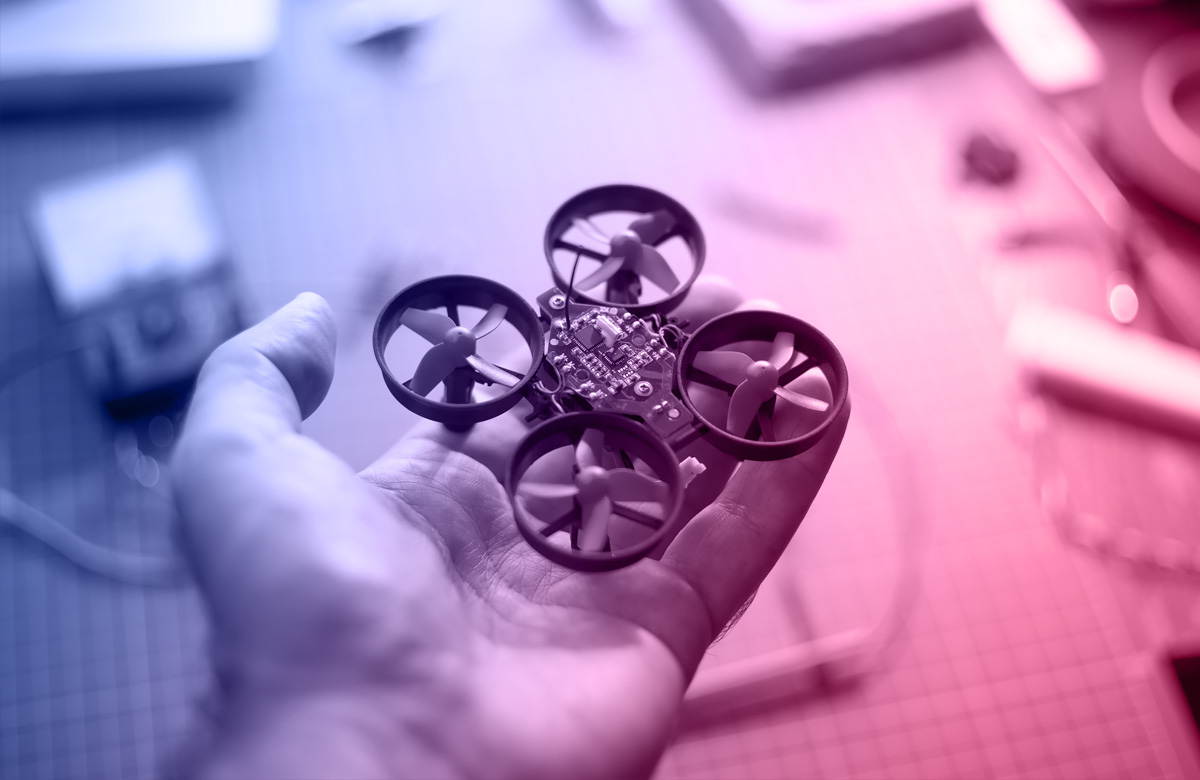
The proposed requirements do not apply to drones 250 grams or less operated recreationally, model aircraft at CASA-approved model airfields, or drones operated recreationally indoors.
The scheme is also a drone pilot accreditation scheme for simple commercial (known as Excluded RPA) and recreational drone pilots. Accreditation consists of establishing your identity, then an online tutorial (or video), followed by an online quiz. It’s similar in concept to licensing, but a less complex process and doesn’t involve a practical test.
For businesses, each drone will have to be registered individually. For recreational drones, registration is per person, with one fee covering as many drones as that person registers. A parent would pay one fee to register all their children’s drones, for example.
Registration gives CASA the ability to deliver safety information directly to drone users. Safety campaign information can be sent directly to a registered operator’s email.
The process of registering your drone is likely to involve telling CASA your drone’s serial number via an online portal, or if a serial number can’t be found, getting an allocated serial number sent to you from CASA.
The scheme has been drawn up with an understanding that amateur drone flyers are different to the people CASA deals with in manned aviation. Drone enthusiasts will not usually have the background knowledge in aviation that people who work or enjoy recreational flying in the manned sector often do. They just want to have fun and may not be aware of the risks they might be taking or exposing others to.
Digital transactions
As part of its service delivery transformation, CASA is developing digital renewals for remote operator certificate (ReOC) holders.
For simple renewals, where the operational details of your ReOC are unchanged, you will be able to go online and renew without having to fill in paper forms and send them to CASA.
If you want to make changes to the sorts of activities covered by your ReOC, that will require going through the current, manual process. CASA hopes to be able to reduce ReOC renewal fees in the future as a result of this improved efficiency.
The remote pilot licence (REPL) application process will also become electronic. However, the aeronautical radio operator certificate (AROC) that licensed remote pilots must have will continue to be issued by a manual process taking about 20 days. Further process improvements are being considered.
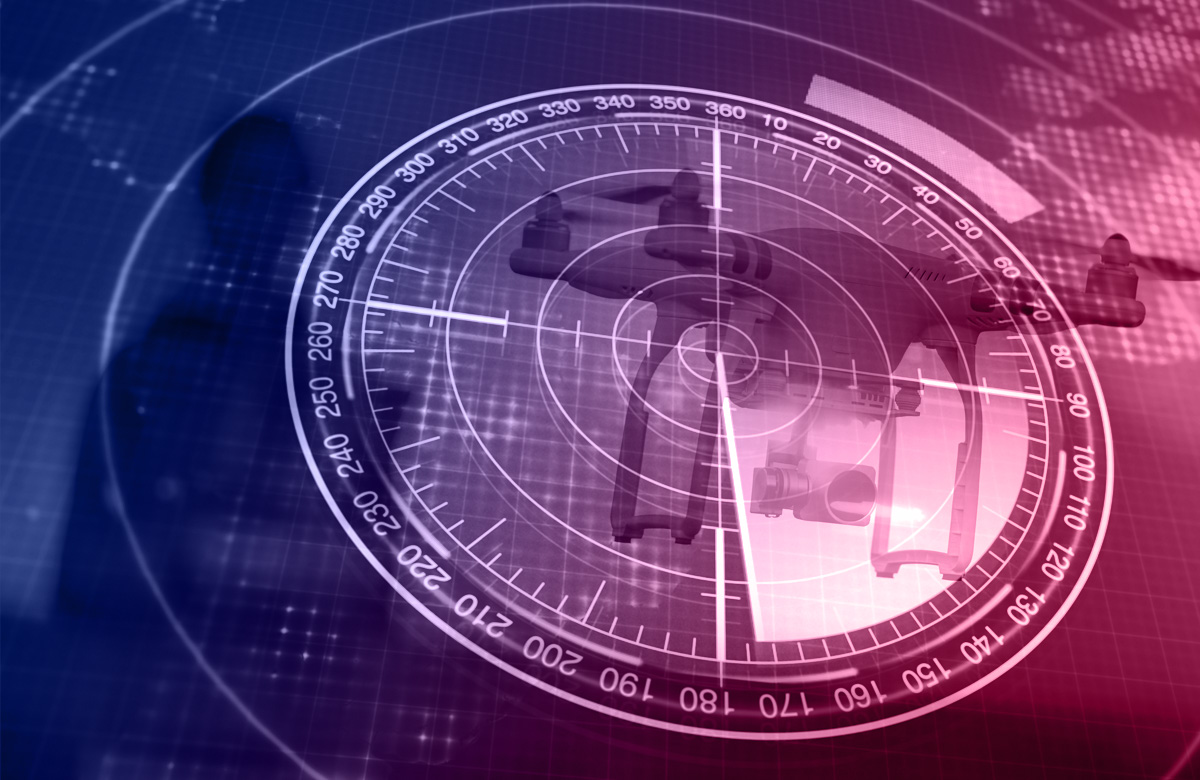
Drone surveillance trial
To know how to regulate drones for safety CASA needs to know what’s going on in the air. It is important to gather data about RPAS operations near airports, and to conduct surveillance activity across the breadth of RPAS activities, including recreational and Excluded RPA operations.
CASA has engaged Counter Drone Solutions to help with this work.
The task will involve conducting passive surveillance near certain primary airports to collect data about RPAS operations and provide comprehensive compliance reports.
CASA staff will also be trained on how to use the surveillance equipment and this will allow CASA to conduct its own surveillance activity and testing.
The project is already underway near the primary controlled airports in each mainland capital city, and the restricted airspace over Sydney Harbour.
The aim of the project is to develop a heat map for each site showing locations where there is a concentration of non-compliance, and thereby allowing CASA to target education campaigns for that location and further surveillance activity.
Exploring an unmanned future
Two exciting events are coming up for drone enthusiasts and professionals. The first is the Australian Association for Unmanned Systems (AAUS) ‘Exploring an Unmanned Future’ conference on 25 February at the Arts Centre, Melbourne and on 26 February at the International Airshow Aerospace and Defence Exposition, Avalon Airport.
The second is DroneZone DownUnder, a drone showcase that will be held at the Australian International Airshow Avalon Airport from 1–3 March. This event will attract professional business drone operators, commercial drone pilots, fire and emergency responders, real estate photographers, film crews, farmers, security organisations, mining and resource operators, and drone enthusiasts. CASA will have drone experts at both events so register and come along and have all your questions answered.

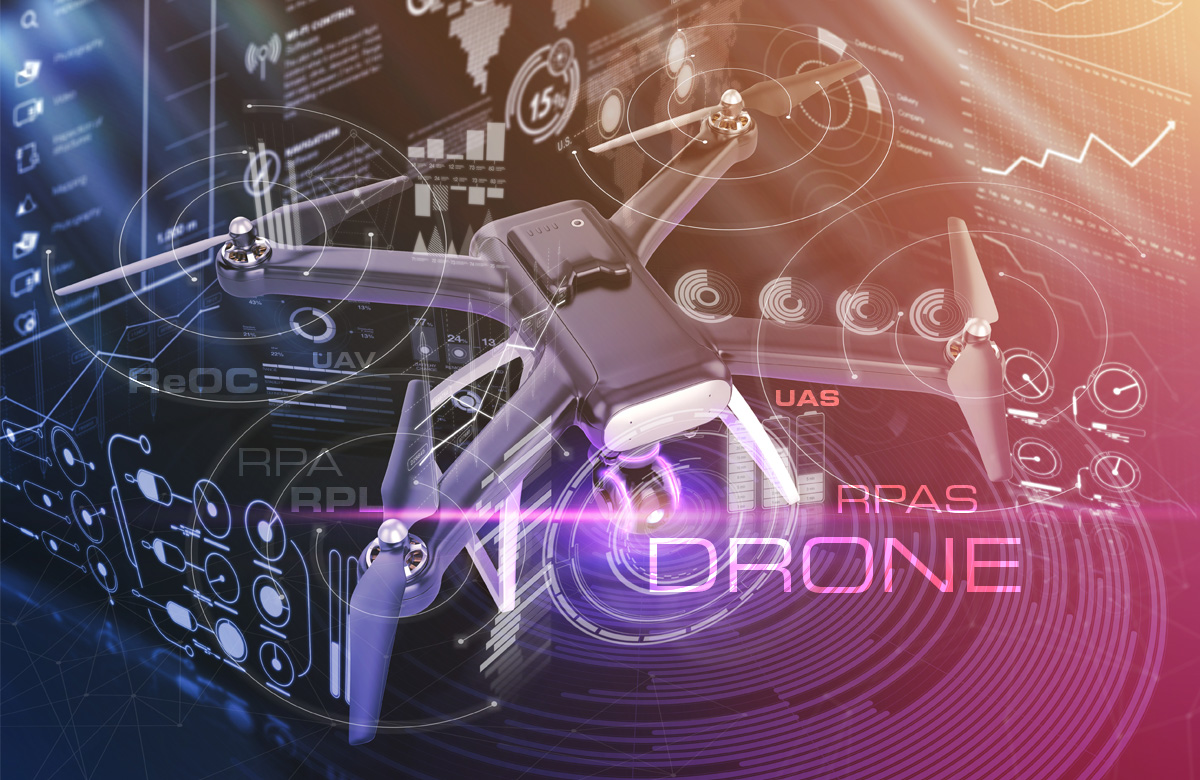
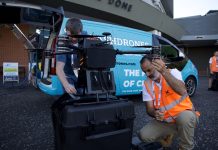
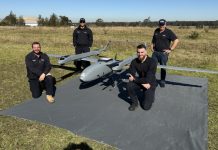
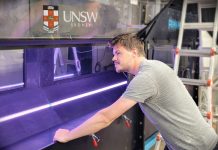

Comments are closed.